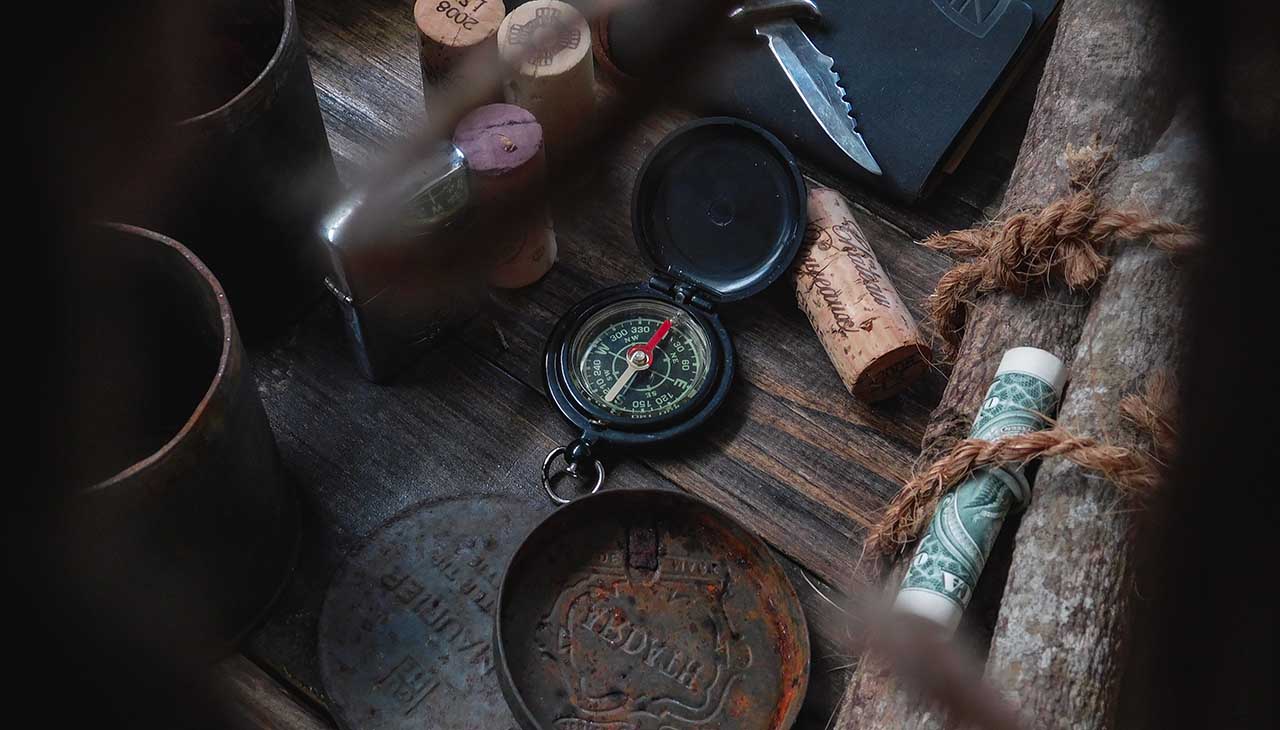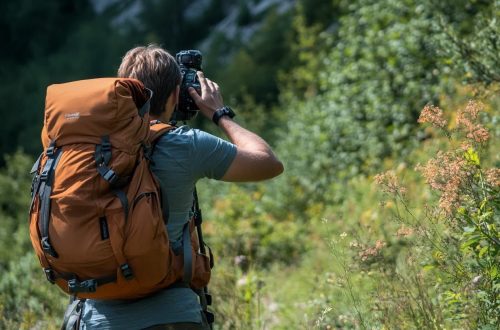Outdoor guiding is an exciting career path that combines a love for nature with the satisfaction of teaching others. It’s a field where every day brings new experiences, whether you are leading a group of enthusiastic hikers up a mountain trail, guiding a whitewater rafting adventure, or teaching beginners how to rock climb. But how does one break into the world of outdoor guiding? This guide will provide an introduction to the field, outline the necessary steps, and offer advice to help you get started on your journey.
Understanding the role of an outdoor guide
The role of an outdoor guide involves organizing and leading expeditions, trips, and recreational activities for individuals or groups in various outdoor settings. Outdoor guides play a vital role in ensuring the safety, enjoyment, and educational experience of their clients. Here are some key responsibilities and skills associated with being an outdoor guide:
- Leading and instructing: Outdoor guides are responsible for leading and guiding individuals or groups through outdoor activities such as hiking, rock climbing, kayaking, camping, and more. They provide instruction on techniques, safety practices, and environmental awareness.
- Safety management: Ensuring the safety of participants is paramount for outdoor guides. This includes assessing risks, implementing safety protocols, and responding appropriately to emergencies or unexpected situations.
- Environmental knowledge: Outdoor guides have a deep understanding of the natural environment they operate. They educate clients about flora, fauna, geology, and local ecosystems, fostering a sense of appreciation and environmental stewardship.
- Customer service: Outdoor guides must possess strong interpersonal skills and the ability to communicate effectively. They provide exceptional customer service by enhancing the overall experience, addressing client needs, and fostering a positive and inclusive environment.
- Navigation and orientation: Guides should be proficient in navigation techniques using maps, compasses, GPS devices, and other tools to ensure participants stay on course during outdoor excursions.
- Interpersonal and leadership skills: Outdoor guides need to be adept at managing groups, facilitating teamwork, and resolving conflicts. They should possess leadership qualities, including decision-making, adaptability, and problem-solving abilities.
- Physical fitness and stamina: Guiding often involves physically demanding activities, so outdoor guides need to maintain a high level of fitness and stamina to lead clients effectively and safely.
- Environmental ethics: Promoting sustainable and responsible outdoor practices is essential for outdoor guides. They educate clients about Leave No Trace principles, minimizing their impact on the environment and preserving natural resources.
By understanding the role of an outdoor guide and developing the necessary skills, individuals can pursue a fulfilling career in this field.
Steps to get into guiding as a beginner
Entering the field of outdoor guiding as a beginner involves a series of steps designed to equip you with the necessary skills, experience, and qualifications.
- Gain Outdoor Experience: Start by immersing yourself in various outdoor activities. The more experience and comfort you have in the outdoors, the better suited you’ll be to guide others.
- Acquire Relevant Certifications: Depending on your area of interest, obtain certifications such as Wilderness First Responder (WFR) or First Aid/CPR, climbing certifications, water safety instruction, etc. These certifications not only add credibility to your qualifications but are often required by guiding companies.
- Pursue Formal Education: While not always necessary, pursuing a formal education in fields like outdoor recreation, environmental education, or adventure education can provide a strong foundation. Some institutions offer specific courses in outdoor guiding.
- Volunteer or Intern: Gain practical experience by volunteering or interning with outdoor guiding companies, adventure camps, or park services. This provides an opportunity to learn from experienced guides and understand the industry’s workings.
- Apply for Jobs: Begin applying for guiding jobs. Start with entry-level positions and work your way up as you gain experience and expertise. Some companies offer in-house training programs for new guides.
- Continuous Learning: The outdoors is a vast, dynamic environment. Stay updated with new techniques, equipment, safety protocols, and environmental conservation practices.
- Networking: Join local clubs, attend industry events, and connect with other outdoor enthusiasts and professionals. Networking can lead to job opportunities and foster a sense of community.
Remember, becoming an outdoor guide is a journey that requires passion, preparation, and patience. But with time and commitment, you can transform your love for the outdoors into a rewarding career.
Tips for success as a beginner outdoor guide
Starting a career as an outdoor guide can be a thrilling adventure, but it also comes with its own set of challenges. Here are some tips to help you succeed:
- Keep Expanding Your Skills: Never stop learning. Continue to expand your repertoire of outdoor skills and stay updated on the latest safety practices and techniques. Remember, the more versatile you are, the more value you can provide as a guide.
- Be Professional: Treating your role with professionalism is essential. Maintain a positive attitude, adhere to ethical practices, and respect the environment.
- Stay Physically Fit: Guiding is a physically demanding job. Regular exercise and maintaining good health will improve your performance and enable you to better care for your clients.
- Practice Good Communication: Strong communication skills are vital. You’ll need to clearly relay instructions, provide information about the environment, and be able to handle any difficult conversations or conflicts that may arise.
- Invest in Quality Equipment: High-quality, reliable equipment is a must. It enhances safety, improves your efficiency, and provides a better experience for your clients.
- Understand Your Clients: Every client is unique in their expectations and capabilities. Understanding their needs and tailoring your services accordingly will enhance their outdoor experience and increase your chances of repeat business.
- Patience: Remember, not everyone is as comfortable or experienced outdoors as you are. Be patient with your clients and offer supportive guidance to help them enjoy their adventure.
- Stay Passionate: Keep the passion for the outdoors alive. Your enthusiasm will be contagious and make the experiences you provide as a guide more engaging and memorable.
By following these tips, you can navigate the challenges of being a beginner guide and build a successful career in this exciting field.
Conclusion
The journey to becoming a successful outdoor guide is filled with learning, adventure, and continuous growth. It requires a blend of technical skills, personal attributes, and a deep respect for the environment. Starting as a beginner in the field can be daunting, but with the right mindset, appropriate training, and unyielding passion for the outdoors, you can build a rewarding career guiding others through the wonders of nature. And remember, the best outdoor guides are those who never stop learning and exploring, remain humble and continue to share their love for the outdoors with others, inspiring them to do the same.



